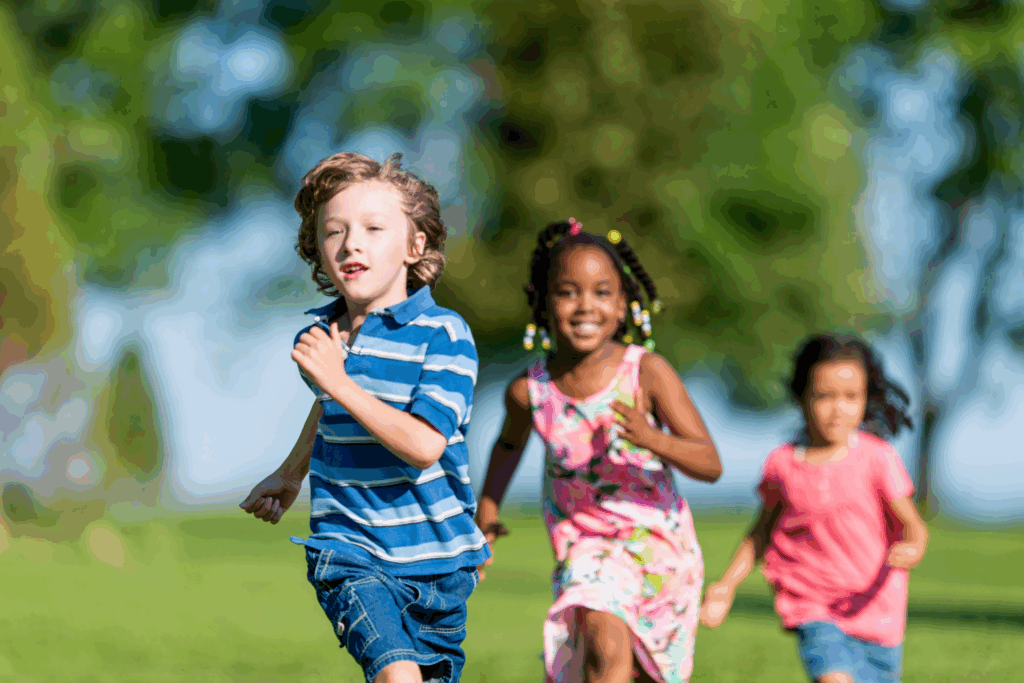As parents, we all want to protect our kids from pain. But when your child has a bad day—whether it’s a tough grade, a fight with a friend, or feeling left out—jumping in to “fix it” may not always be the best solution. Instead, the real gift you can give is teaching kids resilience: the ability to bounce back, reframe negative thoughts, and grow stronger through challenges.
That’s where a powerful skill called mindshifting comes in
What Is a Mindshift?
A mindshift is the practice of noticing a negative thought and intentionally replacing it with one that’s more helpful.
It’s not about ignoring problems or faking positivity—it’s about shifting from thoughts like:
-
“I’ll never get this right” → “I’m learning, and mistakes are part of it.”
-
“I failed” → “That didn’t go how I wanted, but I can try again.”
-
“I’m not good enough” → “I’m having a hard day, but I’m still capable.”
When kids learn to mindshift, they learn resilience—and that’s a skill they’ll carry into adulthood.
How to Teach Kids Resilience with Mindshifting
-
Let Them Feel First
Allow your child to feel upset, disappointed, or frustrated. Emotions aren’t bad—they’re a natural part of life. -
Challenge the Thought
Ask: “Is this thought helping you?” This encourages them to separate feelings from facts. -
Replace the Thought
Guide them toward a healthier perspective: instead of “I’m terrible at math” → “Math is tough right now, but I’m improving.” -
Practice Gratitude Together
Research shows gratitude boosts resilience (Greater Good Science Center at UC Berkeley). Try a nightly gratitude journal: write down three good things that happened each dayWhy Teaching Kids Resilience Matters
The more kids practice mindshifting, the more resilient they become. They learn one of life’s most important truths: You are not your thoughts—and you can choose which ones to believe.
Resilient kids grow into resilient adults who are confident, capable, and better equipped to handle stress.
Building Confidence with Support
At Psych Associates of Springfield, our therapists help kids, teens, and families develop emotional skills that last a lifetime. If your child struggles with negative self-talk, low confidence, or anxiety, we’re here to help.
Don’t just fix it—coach it. Teaching kids resilience today helps them thrive tomorrow.


